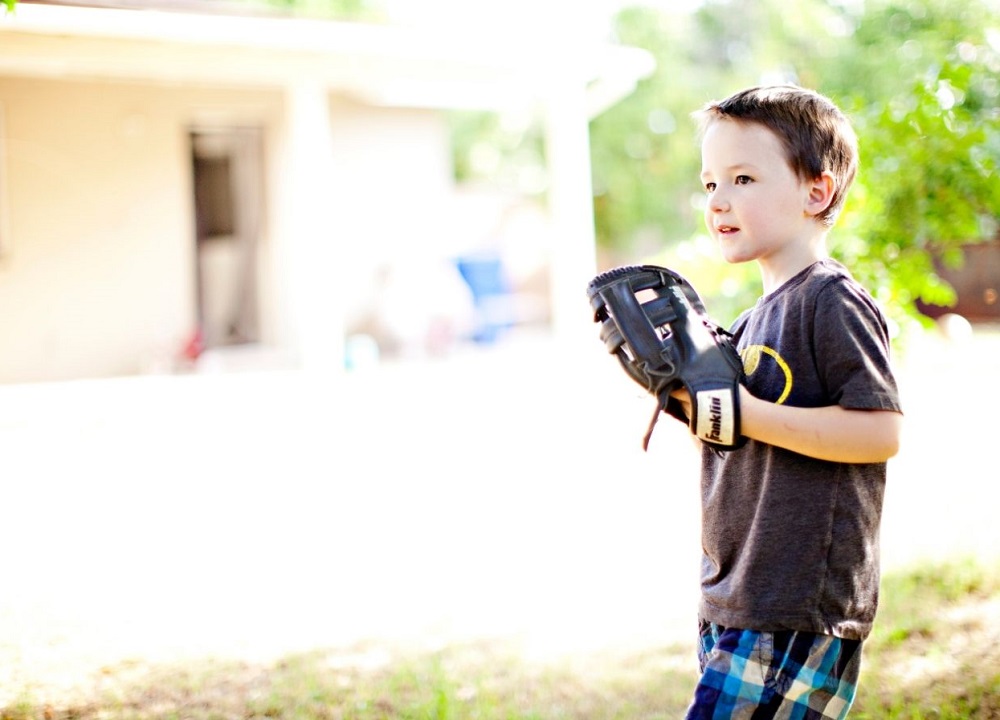“Why did you do that?!” The boy’s head jerked up.
“It’s the game.” His sister shrugged and began counting her pile of paper-money. The tension grew. Bargaining was denied, heated words were exchanged, tears began to gather, chairs were pushed back, and –
BAM. The Monopoly board flipped. Paper cash filled the air, little green and red houses cascaded onto the carpet.
We’ve all been there (I know I have). But sore losers and smirking winners are nobody’s favorite people.
Watching someone lose and win well can be the biggest influence in creating easy-going kids. Why not be that model yourself? Kids are regular copy-cats, plus they look up to their parents.
You’re in the best position to model grace, kindness, generosity, and perseverance to your kids in both victories and losses. So, keep offering handshakes and congratulating the winner and just see what happens.
Starting young is best, but don’t worry if you feel like a gracious attitude is a long way off. It looks different for different ages.
For age six and over, start introducing and enforcing rules. You might get some, “it’s not fair!” and “he cheated!”. But firm rules will allow them greater freedom and fun in the long run.
I know, I know – it’s so hard not to give your adorable children thirty-seven victories in a row. Especially when it may save yourself a tantrum or two. But letting your kids lose has huge benefits for their later life.
Losing creates the resilience to overcome these disappointments. So try drawing the winning card every now and then – you’ll help your kids to see their future losses as hurdles rather than brick walls (hurdle-goggles for the win!).
How annoying are these four words: “It’s just a game”? Even as an adult, they rankle. For kids, they’re infuriating.
Instead of dismissing bad behavior, parents can teach their kids that it’s okay to have negative feelings. Sitting with your child in their sulkiness, giving them a pat on the back, and saying, “yeah, it sucks” helps them learn how to feel and get over strong emotions.
It may seem harmless over a game of ‘snakes & ladders,’ but if that pattern continues, your kids might grow up into adults who feel they have to succeed at everything just to have worth.
To stop overreacting to wins and failures and start being more easy-going, kids need to see that they are separate from their skills or achievements. They need to see that you as a parent love them completely, and no game will shake that.
Putting a happy spin on losses like saying, “practice makes perfect” will start to create a glass-half-full attitude in your kids. It will make them a better playmate and a more well-rounded human being.
If your seven-year-old can learn to let his four-year-old sister win one round just to make her happy, then that’s a true win.
How? Ask your kids how you think the other is feeling. Don’t be afraid to show the emotion they’ve caused. It’ll grow an emotional sensitivity that’ll turn them into excellent, caring competitors.
And finally, try, try, and try again. If you need to put The Pursuit of Happyness on repeat five-hundred times to drum this lesson in, then so be it.
Keeping on going after six losses in a row might be tough at first, but just like a muscle that grows with exercise, your kids’ perseverance will eventually become rock hard. Wins and losses will fall by the wayside just for the joy of playing the game.
It’s clear that learning to lose and win well as a child is not only good for social skills but essential for the rest of life. It grows interpersonal skills, strengthens resilience, builds character, and fosters perseverance.
So parents, what are you waiting for? “Ready, set…go!”





